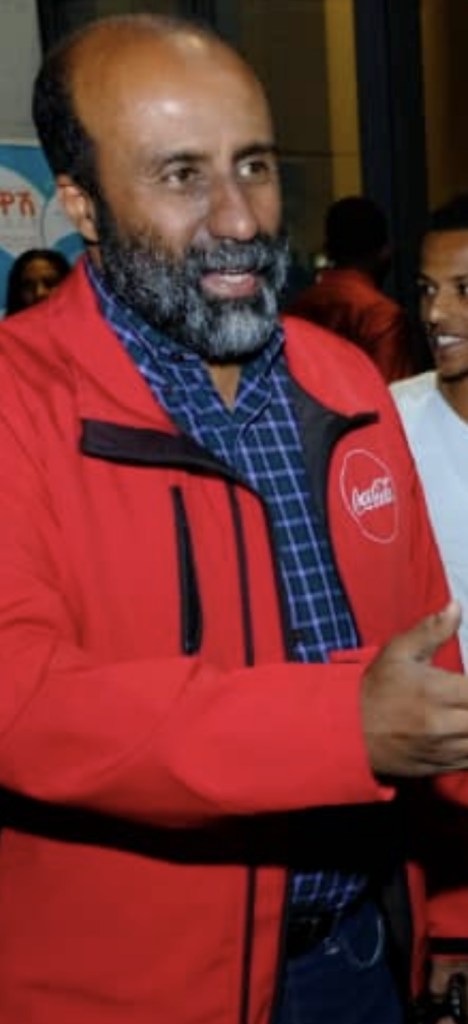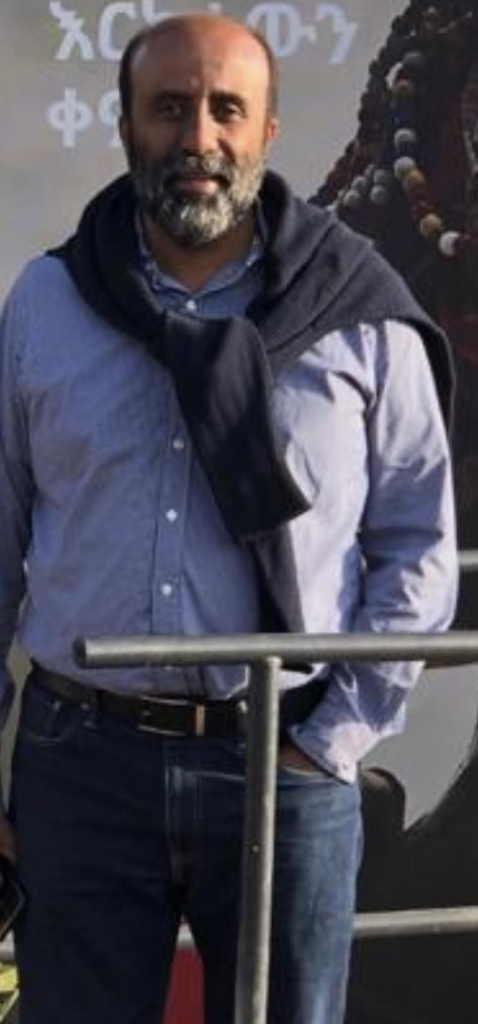Negusse Hailu, the founder of the East Africa Bottling Share Company, which is now a subsidiary of Coca-Cola, gave us a rare interview recently in which he shared many insights on how he’s been able to find success in multiple highly competitive industries.
Hailu also has extensive experience in mining and coffee as well, in addition to his impressive accomplishments in the beverage industry. He was also one of the first entrepreneurs to privatize government-owned businesses, including beverage, farming, and mining companies, during the communist era.
It was an enlightening conversation, and we feel that any of our readers hoping to chase their own dreams of becoming successful entrepreneurs should take note of how this extraordinary individual has overcome the odds to bring prosperity to multiple businesses.
What encouraged you to invest in the beverage industry?
When you have an opportunity to invest in a company that bottles Coca-Cola, if an entrepreneur loses that chance or doesn’t see that chance, I don’t think he’s an entrepreneur. So, the first privatization in Ethiopia, privatization from the communist era, when they started to privatize Coca-Cola, my friend and I were the first ones to be interested and to participate in that auction, and we did it.
And in any corporate success, you don’t leave this opportunity to pass by. Otherwise, you don’t understand anything.

How did you first start working with EABSC?
I didn’t start working with EABSC. I founded EABSC and named it as such because I wanted to expand to neighboring countries: Somalia, Djibouti, Eritrea – Coca-Cola. That’s the reason I named it East Africa Bottling Share Company.
We named it, and we participated in the government tender to buy the then-government-owned Coca-Cola plant in 1995. So EABSC is mine. I don’t work with them. I found it myself and actually named it myself.
When did EABSC enter into talks with Coca-Cola? Can you tell us about your involvement in the negotiations?
In 1995, I bought the Coca-Cola plant from the Ethiopian government. Coca-Cola was happy that Coca-Cola was owned by private people, so Coca-Cola approached us. So in 1997, when we wanted to expand, we do not have the problem of cash, but I believe in knowhow, so Sabco had the knowhow. So we have three bottlers of Coca-Cola in our area to partner with, in Kenya, in Egypt, and in South Africa.
My choice was the South African one because if I choose a partner, it has to be a partner that can add value to me, not a person with my same capacity because this partnership is not about financials.
This is how we did it with Sabco. The hard work and tremendously growing market attracted Coca-Cola. In 2014, Coca-Cola bought this African beverage which became our partner directly and we became a subsidiary of Coca-Cola.
The negotiation was very long because there was so much interest, but our motive was the same. Our challenge was more with the bureaucracies than us, the partners. The negotiation was more with the government because they were scared of monopoly rights. We, the partners, have the same goal, so our negotiation with each other was easy.
Can you elaborate on how you negotiated with the government to overcome monopoly concerns?
We knew that we were an asset to Coca-Cola because we grew tremendously. Therefore, offering ourselves and the negotiations were easy. The biggest challenge was the government because of monopoly issues, but we were also successful with that.
When the new government took power in 1991, after overthrowing the communist regime, Derg, its communist ideology remained the same. For 3 consecutive years (from the end of 1991 to 1994) we were able to persuade the new government to explore a mixed economy – one that would allow private entities to own companies, factories, and farms. The previous government achieved the beginning of a mixed economy in 1989, and as an example, I showed them how I was successfully running a farm and working on textiles side by side with the government.
A meeting was arranged with government economic advisors where I was able to convince them to sell government-owned factories to serve as pilot projects. This way, the government could see the benefits of this arrangement and how it could satisfy the requirements of the World Bank, IMF, and country donors who continued to push for a liberal economy. Ipersonally lobbied and suggested that the beverage industry would be a good candidate for the pilot project.
While it took a significant amount of time, the government decided to hold an auction as a way to start the privatization process and took my suggestion to start the process with the beverage industry. The EABSC participated and we were judged to have thebest offer – technically and financially. Likewise, our team organized a very impressive consortium of companies seeking privatization. Coca-Cola (2 plants), Pepsi (4 plants), and Ambo Mineral Water were the first three companies to become privately owned. The government was able to observe a good transition and we were seen by the rest of the world as a country with a strong initiative to liberalize our economy. Today, the Coca-Cola and Ambo Mineral Water plants are owned by EABSC of which I serve as chairman, board director, and shareholder.

Do you have an optimistic outlook on the future of the beverage industry?
Yes, I believe so. In Ethiopia especially, I don’t think we reached per annum. I think Kenya is 24 per head, and Ethiopia is still 8 per head, so we have a growing capacity in Ethiopia.
I think the industry will continue and new products are coming. This is the beverage industry that will go from generation to generation because so many tastes are there and so many flavors are there. It will continue growing and it will continue for generations to come.
What are some of your plans for the future?
My plan for the future is to encourage American companies. After I make a base in America to encourage mining companies to invest in Africa, I want to see American companies and American flag mining in Africa.
One, I know there are many big mining companies. Second, I know that America is very serious when it comes to the environment. The problem in Africa is that we are a careless environment. So, if I bring an investor to Africa, it has to be American or Western because that’s why I’m here. I want to encourage America. I will go to the Americas and let them invest in African mining. America is full of opportunities.
There is also a software business that I want to develop, but I cannot discuss it with you. This country gives a very big place for talent, and it protects your talent.
I am also interested in developing software with talented people. Of course, I’m not an IT guy. America is the land of opportunity, and I want to use that, and not only use it, but I want to see the flag of America in Africa.
That’s what I’m going to do, and God-willing, I’m going to do it.
What’s something that inspires you?
What inspires me the most is challenge. I love to do the impossible and make it possible. Any negotiation that fails between a shipping company, port, mining company, the government, any trade, or anything at all, I love it.
I love it when there is a challenge, and I love it when I’m called in as an adviser. I don’t sleep until I do it. I have never failed in my life. I have done so many negotiations, and I made it. That’s what inspires me.
Laila Azzahra is a professional writer and blogger that loves to write about technology, business, entertainment, science, and health.
